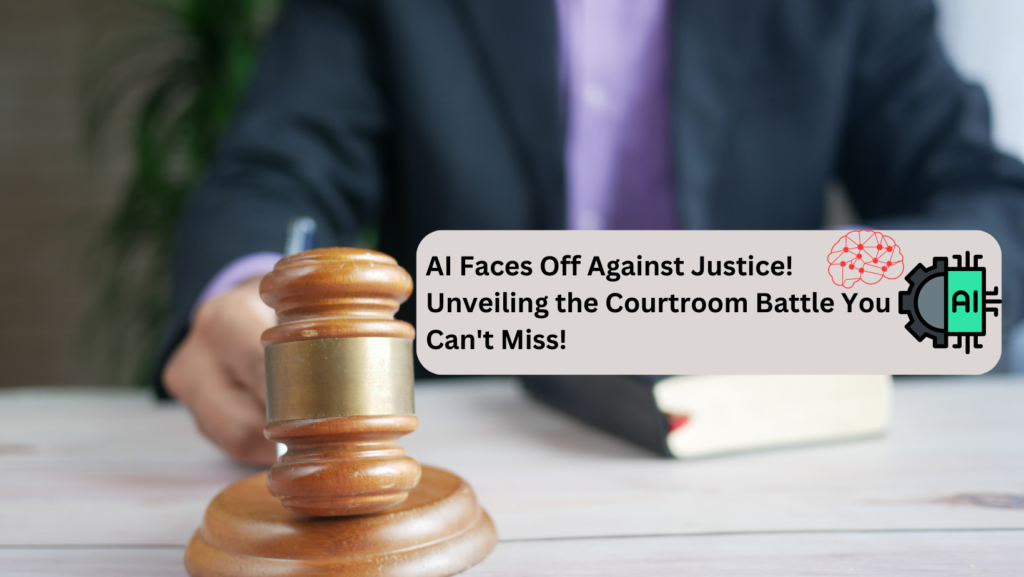The Delhi High Court has strongly emphasized that artificial intelligence (AI) cannot replace the essential human intelligence or empathy in the decision-making process, especially in legal matters. This position was made clear during a case involving luxury brand Christian Louboutin and a partnership firm accused of infringing its trademark by producing and selling similar shoes.

Justice Prathiba M Singh highlighted that the accuracy and reliability of AI-generated data are still uncertain. She noted that tools like ChatGPT can only be used for initial understanding or research purposes. The court underlined that relying solely on AI, like ChatGPT, to make legal or factual determinations could be problematic due to various factors affecting AI responses.
Top 100 competitive exam preparation books
The court stressed that the current state of AI development cannot replace human intelligence or the humane aspects inherent in legal decisions. Instead, AI’s utility lies primarily in preliminary tasks and research, rather than serving as the main foundation for critical decisions.
Regarding the dispute between Christian Louboutin and the partnership firm, the court remarked that AI-generated responses, including those from ChatGPT, cannot be the sole basis for legal proceedings. The court cautioned against substituting human judgment with AI in legal contexts, considering the uncertain accuracy and reliability of AI-generated data.
The court’s stance reaffirms the necessity of upholding a human-centered approach to legal adjudication. AI tools are intended to support human judgment rather than replace it entirely. The case’s conclusion resulted in a verdict against the partnership firm for imitating the plaintiff’s unique shoe designs, underscoring the importance of human interpretation and understanding in legal matters.

